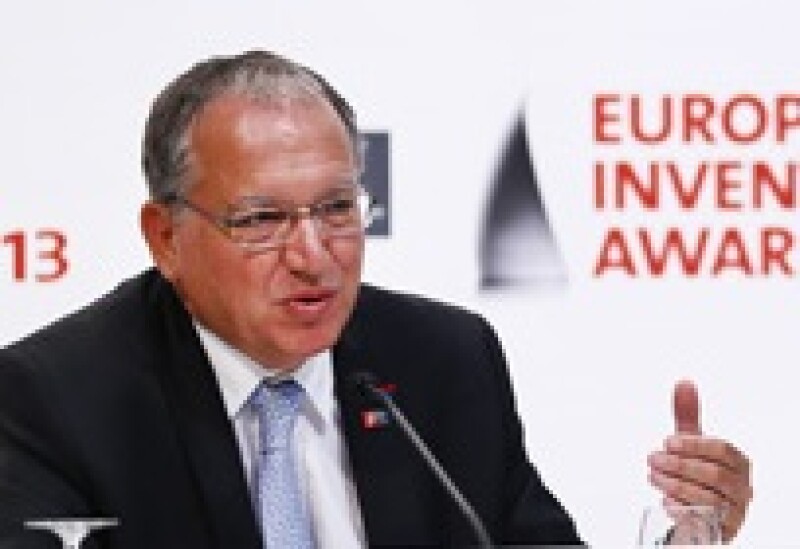
Speaking to Managing IP in an interview at the IP Summit in Paris today, Battistelli (right) said: “People do not consider how constrained we are in setting fees. We have said that the unitary patent must be self-financing, on the one hand, but it must also be attractive to industry, on the other. The gap in between is pretty small.”
Although Battistelli would not be pushed more on what the fees will be, he said: “They will be higher than many would hope, but lower than some might fear.”
Preparation for the new work is going well, Battistelli said, with the EPO technically ready to start processing unitary patents today. “We are very relaxed about it. I don’t see the first patents being granted until the middle or end of 2015, so there is plenty of time. I don’t feel we need to set fees that soon either, given that timeframe.”
In response to questions about EPO labour protests during the recent 40th anniversary celebrations, Battistelli said: “It is a tradition at the EPO. We are an independent body that sets its own rules – and those rules have generally been quite conservative. Changes such as the recent addition of Chinese prior art can cause some problems. But I’m determined to introduce reforms to working practices when needed. It is that drive for efficiency that will be the biggest contributor to lower fees for IP owners.”
Battistelli spoke to Managing IP at the new three-day format of the IP Summit, in Paris. During a public presentation to attendees later, he said: “The experience of the EPO has shown that it is worth being both bold and optimistic. I hope we learn that lesson with the unitary patent.”









